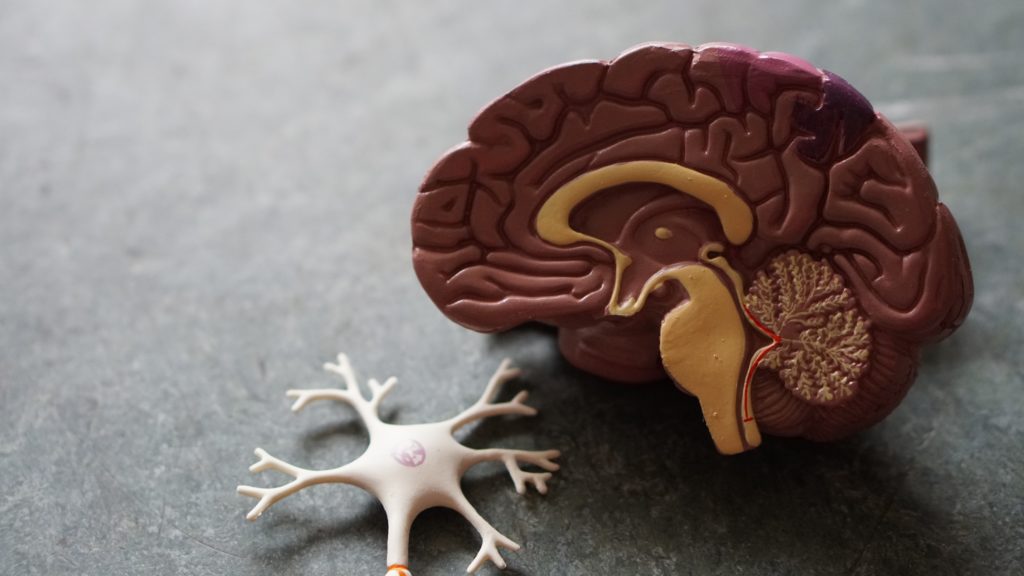Our endocrine system regulates hormone production and usage and is closely tied to both our immune system and our nervous system. All three systems work together to maintain balance and influence behavior in the face of our ever-changing internal and external environments.
The 3 basic hormone categories (with a sampling of different hormones):
Peptides (the below are made in the pituitary gland at the base of the brain)
- Thyroid stimulating hormone (TSH) – increases release of T4/T3 from the thyroid, levvels highest in morning
- Adrenocorticotropic hormone (ACTH) – stimulates cortisol and DHEA (main source of all hormones after menopause) secretion
- Luteinizing hormone (LH) – surge triggers ovulation and formation of corpus luteum; stimulates testosterone production in males
- Follicle stimulating hormone (FSH) – develops ovaries, regulates estradiol secretion; stimulates sperm production in males
- Prolactin – stimulates breast development, increases milk production
Amides
- Sex hormone binding globulin (SHBG) – binds testosterone; made by the liver
Steroids (all come from cholesterol)
- Estrogens (3 main types)
- Estradiol (E2) = predominant form in cycling females
- Estriol (E3) = primary estrogen during pregnancy
- Estrone (E1) = predominant during menopause
- Progesterone – causes basal body temperature to raise by 0.5 degrees during last 11 days of menstrual cycle, maintains fetus during pregnancy
- Testosterone – increases muscle strength and volume, bone density, new red blood cell production; levels decline in males over age 50
- Vit D – not a vitamin, a kidney hormone, used in calcium metabolism
As you can see, the above hormones regulate numerous bodily functions. An imbalance in any hormone can cause noticeable changes in our mood, appetite, body composition, and menstrual cycle, to name a few.
Keep a look out for Part 2: Optimizing Hormone Health for tips on supporting our hormones
Citation: Kalnins, Paul. “Neuroendocrine-Immunology/Anterior Pituitary Gland.” National University of Natural Medicine, Portland. Lecture.

